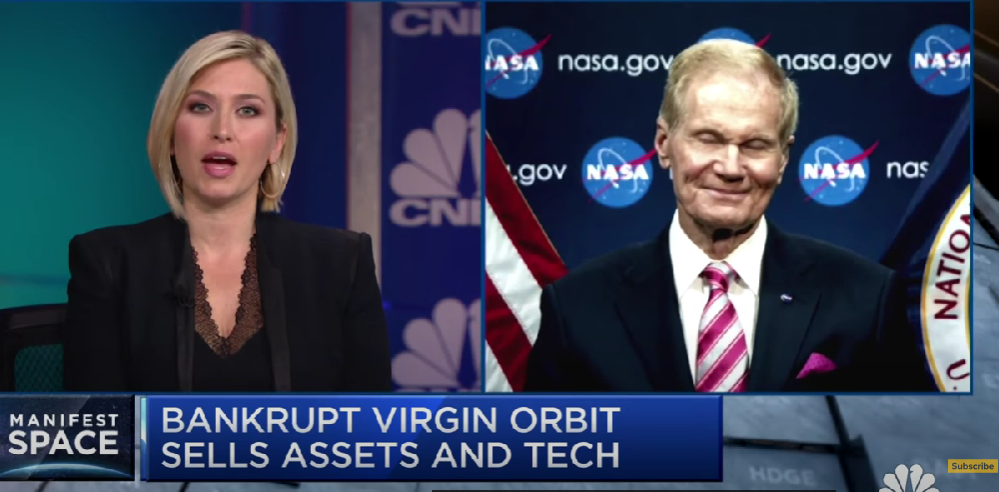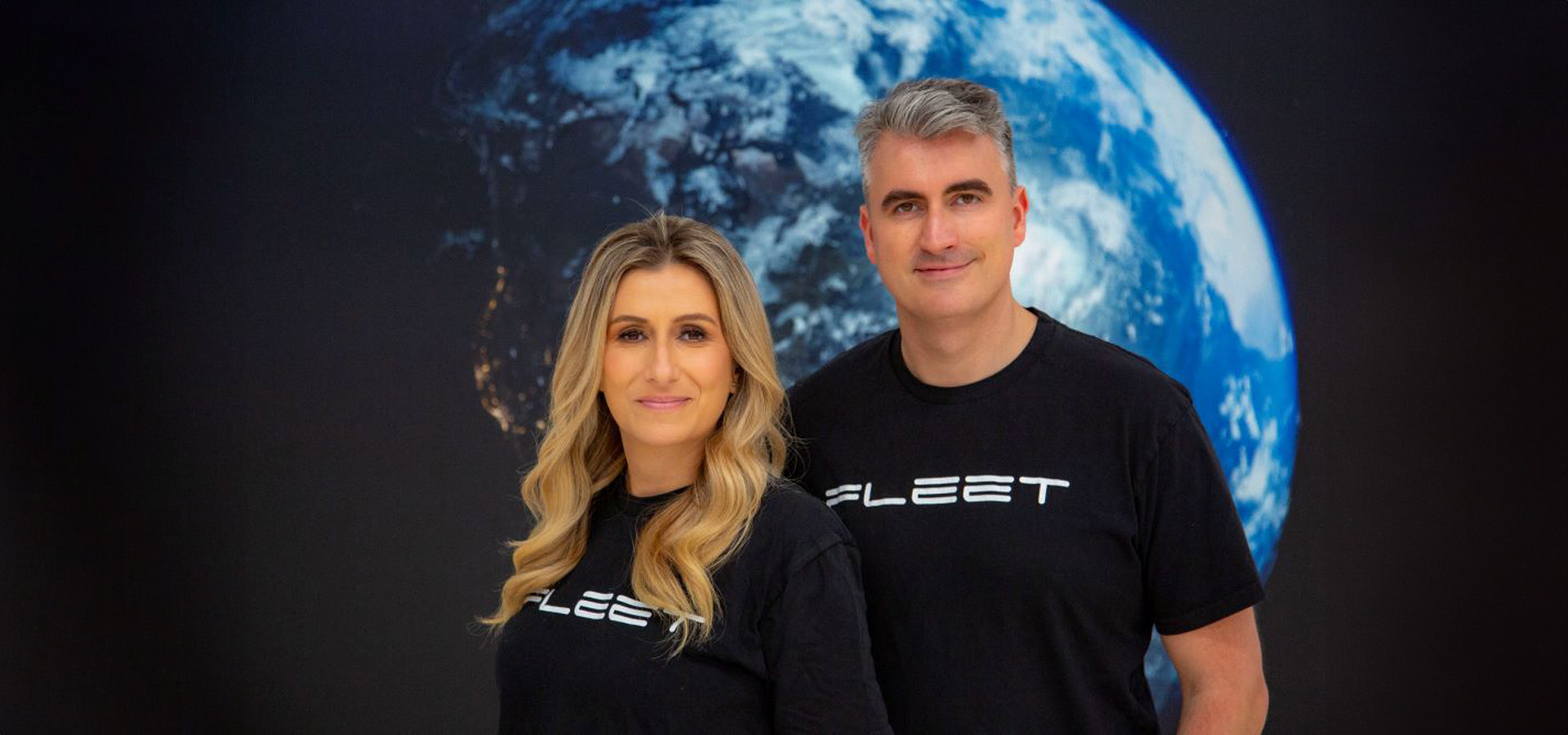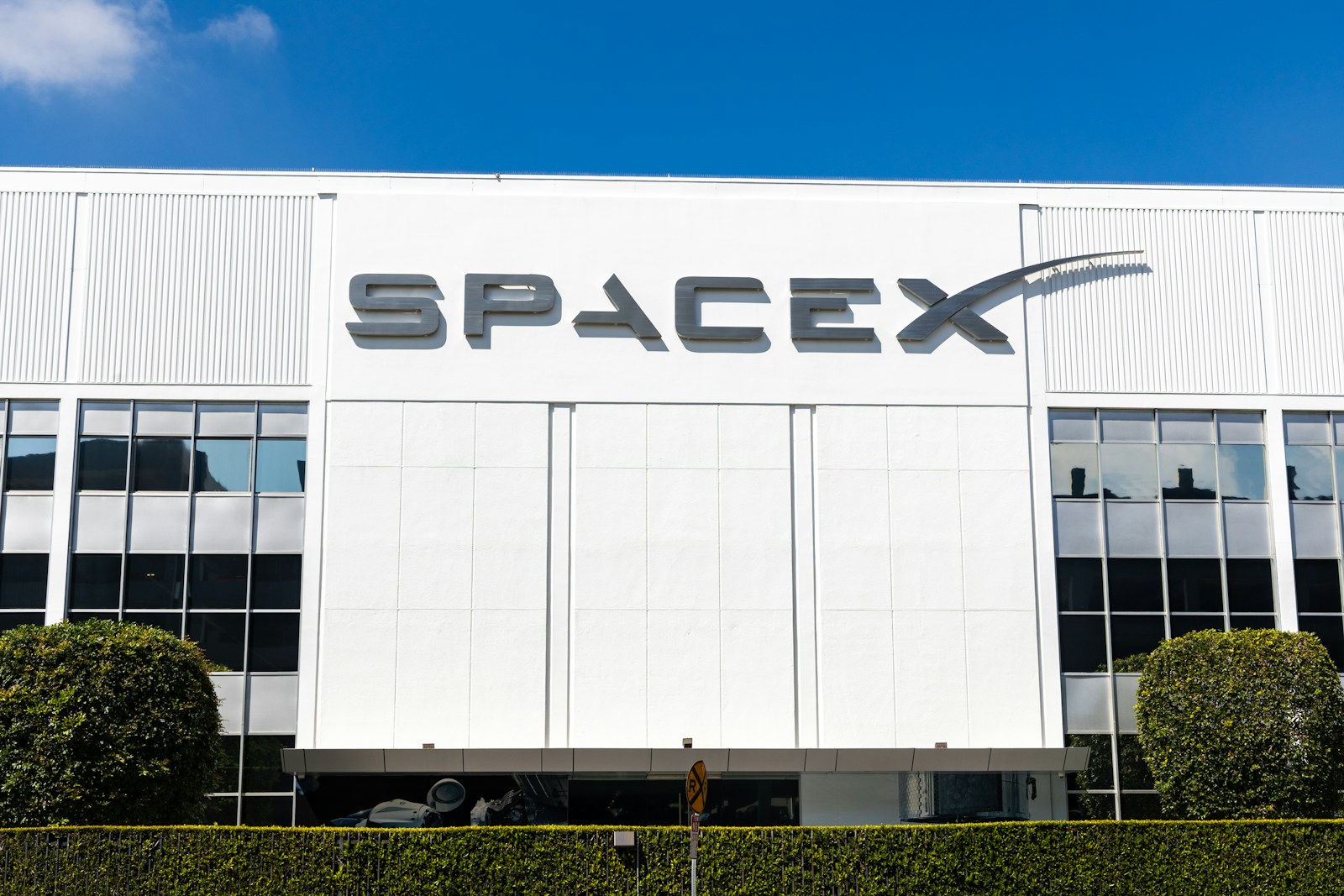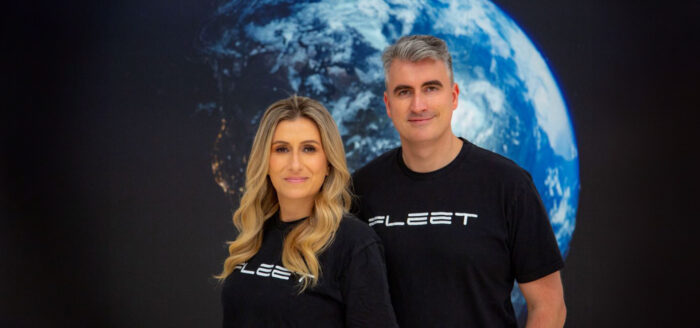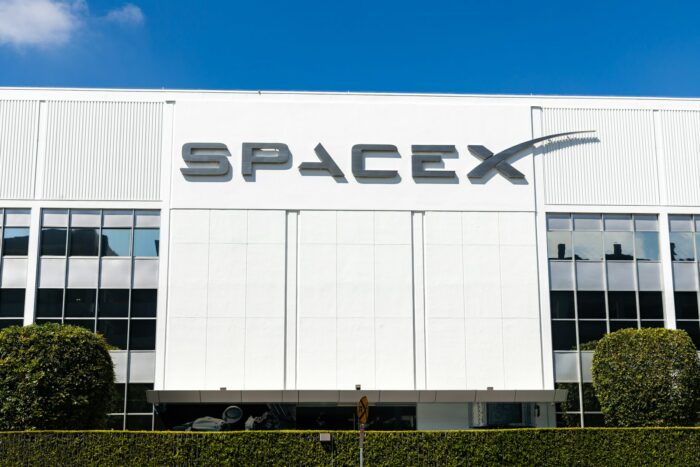It is an exciting time for space, and an exciting time for NASA, too. This week, on CNBC’s ‘Closing Bell Overtime,’ NASA Administrator Bill Nelson discussed the partnership between the US government and private space technology companies.
The first question put to Nelson focused on the US $3.4 billion contract awarded to Blue Origin, which will see Jeff Bezos’ company work with NASA on landing astronauts on the moon, as well the private mission to the ISS.
“Well, we’re going back to the moon in a different way, this time, it’s not just the US government, we’re going back with commercial partners, and we’re going back with international partners. And that’s what we’ve done down in low Earth orbit,” said Nelson. “We’ve done the same already, done it successfully, we launched a private astronaut crew to the International Space Station in order to be able to get them ready to take over low Earth orbit for the commercial space station.”
Commercialization of Low Earth Orbit
On a more granular level on the commercialization of low Earth orbit, Nelson then talked about how private space stations currently under development, including one from Axiom Space — which aims to own and operate the world’s first commercial space station in 2025 — are building relationships with NASA.
“Well, if they are working with us, of course, if it involves humans, NASA’s going to be all over it to make sure it’s safe for astronauts,” he said. “But if you are, say, a commercial space company like Rocket Lab that is launching a NASA instrument, of which there is a private startup company that’s in lunar orbit right now getting ready to characterize the orbit that we’re going to put our lunar space station in, it just depends on the mission as to how involved NASA’s going to be.”
CNBC then wanted to find out Nelson’s thoughts on everything going on at SpaceX and in particular his view on its Starship launch attempt.
Successful Program
“Well, it was in fact successful by SpaceX’s terms. What they are, they have a lot of hardware, they fly it, when something goes wrong, they figure out what it is, they fix it and they fly again and they keep doing that until they perfect it,” said Nelson, adding that SpaceX has done it very well and the “proof’s in the pudding” and that it’s a “very successful program.”
The news that Virgin Orbit — a former contractor for NASA — is to sadly close and its assets are being sold to several other companies in the space industry, is highlighting issues with some of the other space startups that have been contracted with NASA in the last few years. CNBC wanted to find out from Nelson that as NASA gets more creative with its partnerships, especially when some of these companies go public and their stocks trading falls to levels much lower than what they had been before they went public, whether NASA is “assessing the financial fitness of this new space industry”.
“We are a capitalist economy,” said Nelson, bluntly. “People take risk. Often where there is risk there is high reward and so too in the space investments; and we’ve seen a number of these investments be very successful. I think we’ve come through a period in which it was kind of the flavour of the day that subsided a little bit but it’s coming back because space is the place, space is hot. And it will continue to be as we go on to the moon and then to Mars and beyond.”
Featured image: “NASA Administrator Bill Nelson: ‘Space is the place’ for high-risk, high-reward investments” Credit: CNBC Television
If you found this article to be informative, you can explore more current space news, exclusives, interviews and podcasts here.
Share this article:

